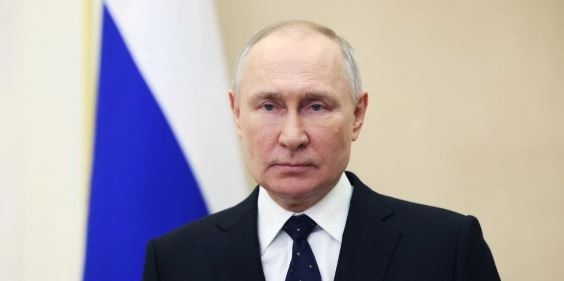In a shocking move, Russia’s membership in the Intermediate-Range Nuclear Forces Treaty (INF) was suspended earlier this week. This treaty, which was signed in 1987, has been a cornerstone of global security for over three decades, and its suspension has sparked concerns about the potential for a new arms race.
As if to confirm these fears, Russian President Vladimir Putin made a public commitment to increase Russia’s nuclear capabilities in response to the treaty’s suspension. Speaking at a meeting of the Russian Defense Ministry, Putin stated that Russia must develop new weapons systems to ensure the country’s security in the face of external threats.
This announcement comes at a time of growing tension between Russia and the West. The United States, in particular, has accused Russia of violating the INF treaty by developing and deploying new missile systems with ranges that exceed the treaty’s limits. Russia, for its part, has denied these accusations and has accused the United States of violating the treaty by deploying missile defense systems in Europe.
The suspension of the INF treaty and Putin’s commitment to increase Russia’s nuclear capabilities are likely to further escalate tensions between Russia and the West. Many experts warn that the world is now on the brink of a new arms race, which could have catastrophic consequences for global security.
The United States and its European allies have called on Russia to return to compliance with the INF treaty, but Putin has shown no sign of backing down. With both sides refusing to budge, the future of global security looks increasingly uncertain.

